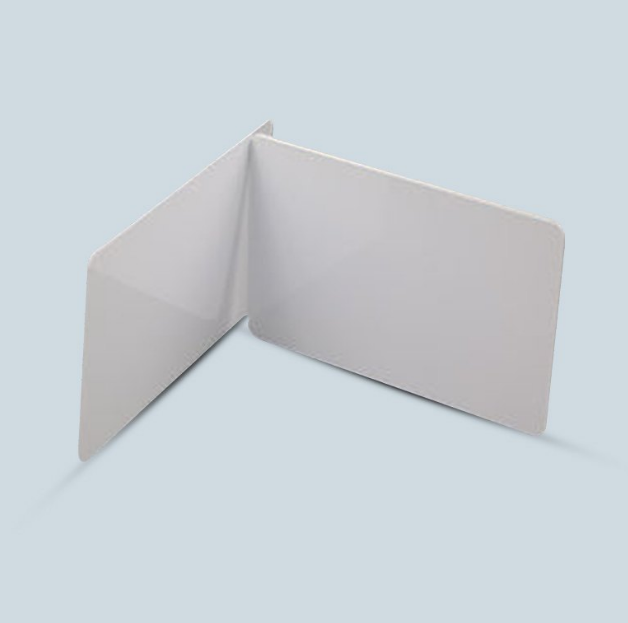
A Dual Frequency RFID Card operates on two different frequencies that help enhance security and improve the scope of functionality. This type of RFID cards is getting very popular but still many businesses don’t realize that they can implement and improve the access management at their premises. So, here are some examples of places where these cards can be implemented.
Healthcare Facilities
Hospitals and clinics deal with sensitive patient information and restricted areas daily. Dual Frequency RFID Cards can provide a seamless solution for staff access to different departments while also tracking equipment and medication.
Educational Institutions
Schools and universities can leverage Dual Frequency RFID Cards to create safer, more efficient learning environments. Students and staff can use these cards for building access, library book checkouts, and even cashless payments in cafeterias. The dual frequency feature allows for both short-range transactions (like paying for lunch) and long-range identification (such as entering a dormitory).
Hospitality Industry
Hotels and resorts can significantly improve guest experiences by implementing Dual Frequency RFID Cards. These cards can serve as room keys, allow access to exclusive areas like gyms or spas, and even enable cashless payments throughout the property. The long-range frequency can be used for parking access, while the short-range capability can handle in-room services like safes or mini-bars.
Manufacturing Plants
In industrial settings, Dual Frequency RFID Cards can play a crucial role in both security and operational efficiency. Workers can use these cards to clock in and out, access specific areas of the plant, and even operate machinery they're qualified to use. The long-range frequency can track the movement of materials and finished products throughout the facility, while the short-range can be used for quality control checks.
Retail Chains
Large retail businesses can benefit enormously from Dual Frequency RFID Cards. The long-range frequency can track shipments from warehouses to stores, while the short-range can be used for precise inventory counts within the store. Moreover, loyal customers can be issued these cards for personalized shopping experiences, including tailored discounts and express checkout options.
Financial Institutions
Banks and other financial institutions require top-notch security, and Dual Frequency RFID Cards fit the bill perfectly. Employees can use these cards for access to different areas of the building, with varying levels of clearance easily programmable. The dual frequency nature allows for both building access (long-range) and computer login authentication (short-range).
Transportation Hubs
Airports, train stations, and bus terminals can greatly enhance their operations with Dual Frequency RFID Cards. The long-range frequency can be used for parking access or luggage tracking, while the short-range can handle ticketing and boarding processes.
Sports and Entertainment Venues
Season ticket holders or VIP guests can use these cards for express entry, exclusive area access, and cashless payments for merchandise or concessions. The long-range frequency can manage parking and crowd flow, while the short-range can handle individual transactions.
Dual Frequency RFID Cards offer a versatile solution for businesses across various sectors. As more businesses are implementing Dual Frequency RFID Cards, we can expect to see wider adoption and even more innovative applications in the future. These smart cards are proving to be a game-changer in the world of access control and data management.